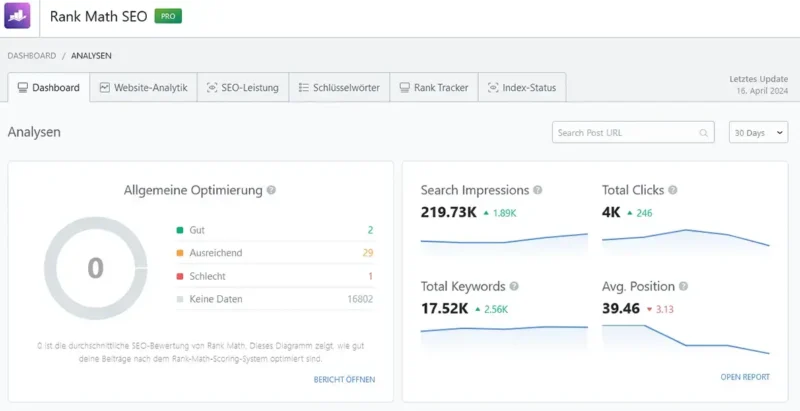72% of the E-Invoicing Exchange Summit participants 2019 feel that their organizations are impacted by global interoperability challenges.
There are numerous successful regional and national initiatives and models for interoperability, but what does it need to build a truly global framework? Since so many different national approaches and regulations exist, this is a very complex issue. Which recognizable strategies already work consistently and what is the reason for it? Are these the elements that can be the starting point of a global approach? Furthermore, the various document standards used by industry and the public sector, such as ANSI, EDIFACT, UBL or the European norm have to be considered, as well as different business, fiscal and legal models.
At the E-Invoicing Exchange Summit in Miami from May 4 to 6, 2020 the next steps towards truly global interoperability will be discussed. Carefully selected expert user case studies will demonstrate how companies solve some of the challenges. Among others, Alexandra Mesquita will present how the Robert Bosch GmbH is taking E-Invoicing globally to a whole new level with a fully digitized P2P process supported by an all-embracing finance portal, Chauncey St. John will elaborate on how GE is unlocking global business service potential in an E-Invoicing framework, and Carolina Ruiz will show how Walmart is leveraging electronic billing compliance for efficient processing. All key findings of these presentations will be taken into account, among other things, within the E-Invoicing Exchange Summit expert panel discussion on The Design of a Global Interoperability Framework, a further highlight of the conference. And this is only a small extract of the two-day program.
Further information and agenda: www.exchange-summit.com/americas


